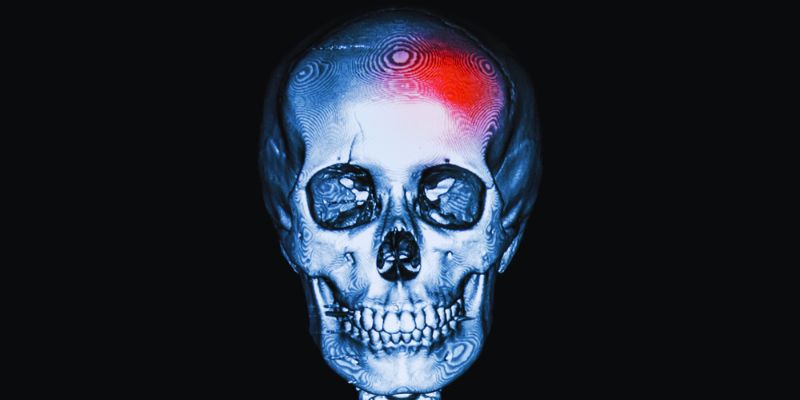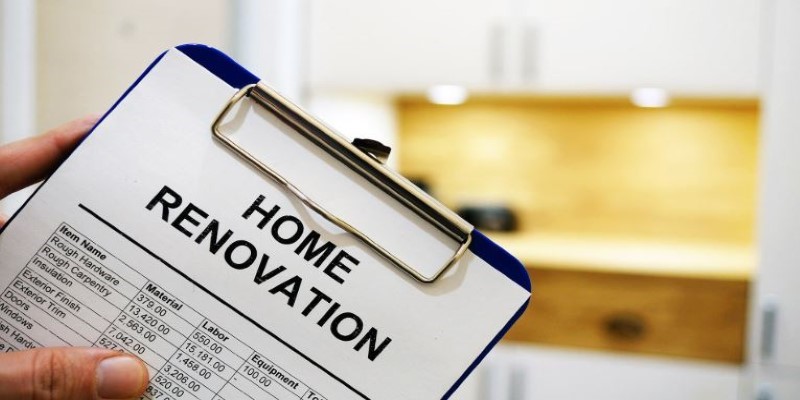Waking Up with a Migraine Episode: What Is Happening to Your Body
Rising from a migraine attack can be uncomfortable and taxing. It can mess up your morning and complicate regular chores. Many people have morning migraines but are unsure about their cause. A migraine attack can be started by several elements, even while you sleep. One can contribute to hormonal changes, medications, and even sleep problems. Managing the situation depends on knowing the main cause.
This guide will explain why you wake up with migraine attacks and teach you how to treat and avoid morning migraines. Little adjustments in nutrition and sleeping patterns might have a significant impact. If migraines last, a doctor can offer medicinal remedies. Knowing what your body is going through will enable you to take control and make better morning routines.

Why You’re Waking Up with a Migraine Episode?
Below are the common reasons you might wake up with a migraine episode and how to manage them effectively:
Sleep and Migraine Connection
One main reason morning migraines arise is the poor quality of sleep. Oversleeping or sleep deprivation might set off episodes. Different daily waking times could throw off your body's circadian schedule. One can get headaches from this. Morning migraines are more likely in those with sleep issues like insomnia or sleep apnea. Sleep apnea causes pauses in breathing, therefore lowering oxygen levels. It can set off migraines right upon awakening. A consistent sleeping pattern can assist in lessening migraine attacks.
Dehydration and Morning Migraines
Migraines may strike from dehydration. The body loses water through breathing and sweating as one sleeps. You can wake up thirsty if you drink less than necessary before bed. Headaches, vertigo, and dry mouth are among the effects of mild dehydration. Extreme dehydration can cause great migraine pain. Enough water during the day helps avoid this problem. Another good advice is to avoid too much ethanol or coffee before bed. You could be dehydrated if you wake up with black urine or a dry throat.
Stress and Anxiety’s Role in Migraines
Typical migraine triggers are stress and anxiety. Your body might remain stiff if you go to bed feeling anxious or overburdled. Bad sleep and morning migraines might follow from this. Stress raises cortisol, a hormone influencing brain functioning. Rising cortisol levels can set up migraine attacks. Disturbed sleep caused by worry and nightmares also contributes to morning migraines. Techniques of relaxation assist in controlling migraine attacks. Before bed, deep breathing, meditation, and mild stretching help to lower tension.
Hormonal Changes and Migraines
Particularly in women, hormonal changes might bring about morning migraines. Variations in estrogen and progesterone can set off episodes. Many women suffer from headaches either before or throughout their menstrual cycle. Also, aggravating migraine frequency includes childbirth and menopause. Monitoring migraine attacks in a notebook might help one find hormonal factors. See a doctor about available treatments to help control hormonal migraines.

Medications and Their Effects
Several medications can aggravate morning migraines. Some painkillers, if taken too often, could cause rebound headaches. It occurs as the body starts depending on medications. Other medications, including blood pressure meds, can cause headaches by altering blood flow. Along with medicines, sleep helps. See your doctor if you believe a medicine is triggering migraine attacks. Changing medications or dosage levels could help. Never discontinue using recommended medication without professional counsel.
Sleep Positions and Pillow Support
Your choice of medication and sleeping position can affect migraine frequency. Inappropriate sleeping posture can strain the head and neck, causing tension headaches. Sleeping on your stomach could lead to spinal misalignment that sets off migraines. The neck will remain in a normal posture if one uses a hard but supportive pillow. Try changing your sleeping position if you wake up with a stiff neck and migraines. An orthopedic or memory foam cushion can assist in correctly supporting the head and neck.
Low Blood Sugar and Migraines
Low blood sugar results from skipping dinner or eating too little right before bed. Morning migraines can follow from this. The brain depends on a consistent supply of glucose to run as it should. The body releases stress hormones to offset declining blood sugar levels at night. It can set up migraine attacks. One can help by eating a well-balanced dinner before bed. Before bed, a snack like yogurt, nuts, or whole grains will help reduce blood sugar swings. Steer clear of sweet snacks, which might trigger blood sugar surges and crashes.
Caffeine Withdrawal and Morning Migraines
Daily caffeine drinkers may get morning migraines if they miss their normal consumption. Caffeine changes brain blood vessels. Headaches might start with a sharp decline in caffeine levels. Those who consume coffee late in the day and skip it overnight often find this. One can assist in avoiding withdrawal headaches by progressively cutting caffeine intake. Early morning mild tea instead of strong coffee can help lower migraine risk. Staying on a regular caffeine schedule might help stop episodes.
Allergies and Sinus Issues
Morning headaches might be caused in part by sinus congestion and allergies. If sinuses develop inflammation overnight, head pressure and pain can result. Sinus problems could start with dust, pollen, and pet dander. One can aid by keeping the bedroom clean and running an air purifier there. Additionally, lessening symptoms could be achieved through nasal sprays or antihistamines. One can avoid mucus accumulation by sleeping with an elevated head posture. If allergies produce migraines, finding and cutting off sources is crucial.
Conclusion:
Control of morning migraines calls for the identification of triggers and little lifestyle modifications. Typical causes are bad sleep, dehydration, stress, and hormonal changes. One can aid by changing sleeping patterns, drinking enough water, and lowering stress. Also, lessening migraine frequency is proper nutrition, medication changes, and avoidance of caffeine withdrawal. Better sleeping positions and supportive pillows help to avoid tension headaches and neck strain. If migraines remain even with improvements, seeing a doctor is crucial for available treatments. Maintaining a migraine journal enables one to monitor triggers and trends.












